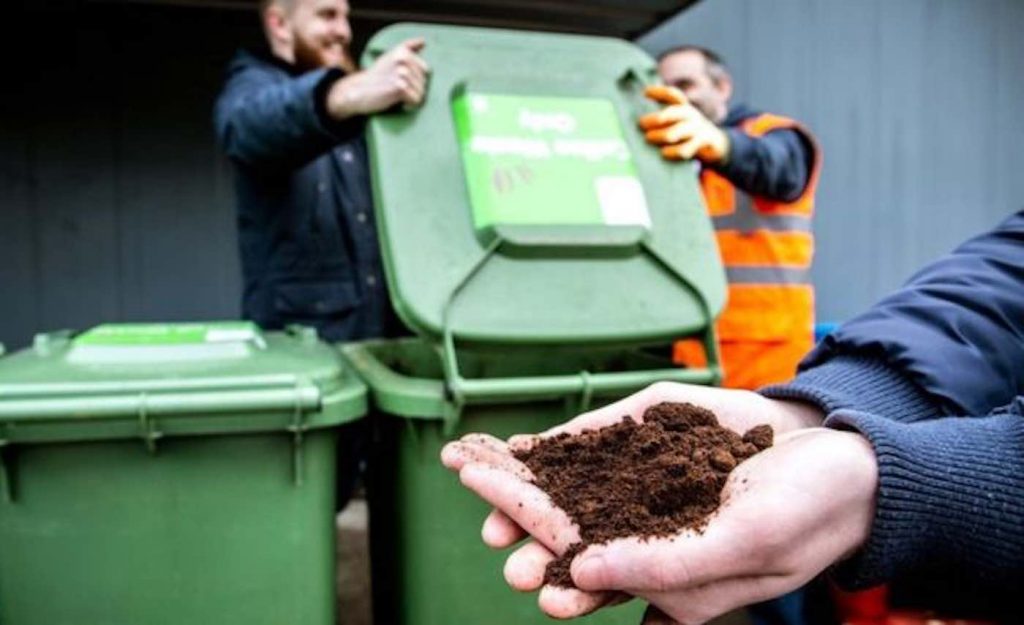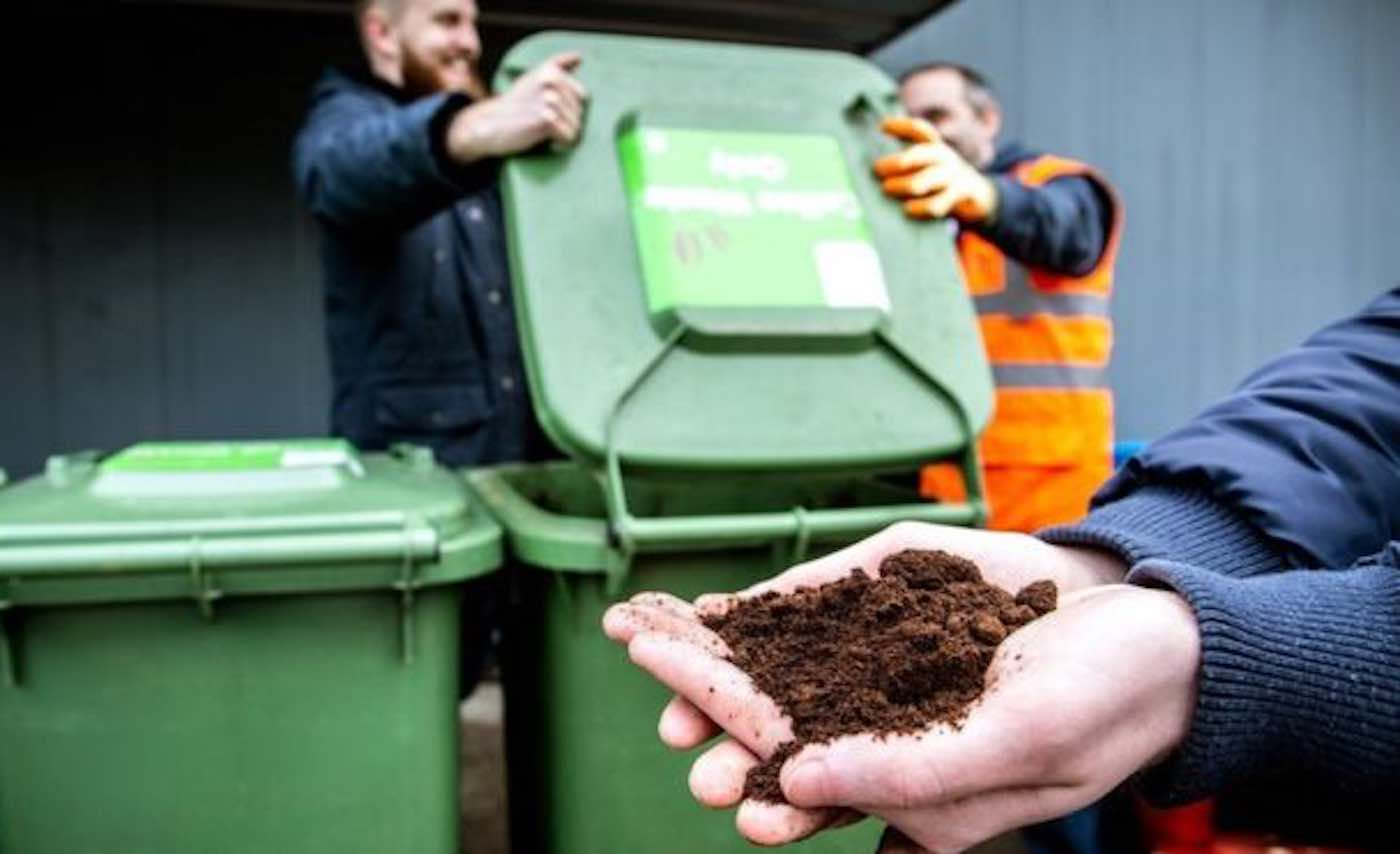
Coffee grounds have been tested in a laboratory setting for their potential use as a cleanup agent of common agricultural runoff, suggesting that along with compost, snail repellent, and many other uses, used coffee grounds could protect water sources from agricultural pollution.
The study looked at bentazone—a common herbicide used in agriculture, and found that when coffee grounds are activated with zinc chloride the carbon molecules therein could remove 70% of the bentazone content from contaminated water.
Agricultural runoff from vegetable and grain farming is one of the largest sources of water pollution in human society. Chemicals or fertilizers are spread over fields, and rains wash the excess into the waterways. Herbicides, pesticides, and fungicides wreck having on riverine lifeforms, while the excess phosphorus and nitrogen cause algal blooms in bays and estuaries, choking the life from seagrass and other species.
On a brighter note, gardeners, responsible business owners, and inventors all over the world use coffee grounds for all kinds of things, and the scope of their second and third-use values is growing every year.
Along with mixing them into compost or ensuring they’re responsibly recycled, innovators have been taking coffee’s unique chemical composition and adding it to concrete, shoes, furniture, low-income housing, and more.
Millions of tonnes of coffee grounds are nevertheless produced every year and sent to landfills where they decompose and emit greenhouse gases.
COFFEE FOR HEALTH: Coffee is Now Linked to Reduced Risk of Many Ailments, Including Liver Disease, Parkinson’s, Melanoma, Even Suicide
Scientists from Brazil’s Federal Technological University of Paraná propose in their study that used coffee grounds could be utilized to clean up excess bentazone, which has been detected in some water systems at levels above the legislated limits for the European Union’s Water Framework Directive.
OTHER COFFEE USE STORIES: Brooklyn’s Yafa Café Supports Growers in War-Torn Yemen – the Surprising Birthplace of the Coffee Bean
Though not outrightly identified as a carcinogen, bentazone has been shown to affect human health if ingested, inhaled, or absorbed through the skin.
The authors recommend an industrial-scale experiment of coffee and bentazone, but admit that it has the potential to act as a key component in a circular economy where coffee is consumed and then spread over fields as a way to remove excess herbicides, while also providing benefits as a compost.
KNOW Anyone Who Runs A Coffee Shop? SHARE This Additional Use For Grounds…




















